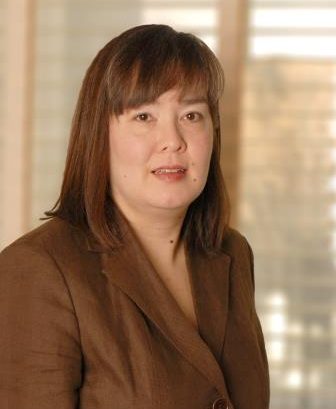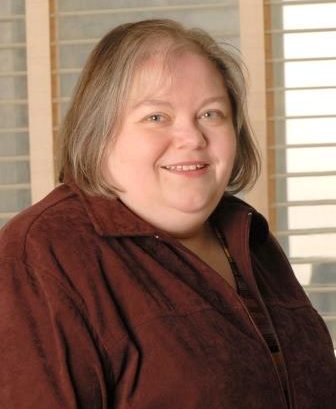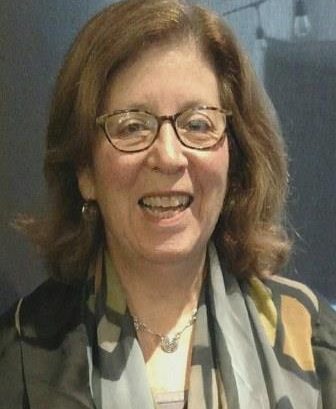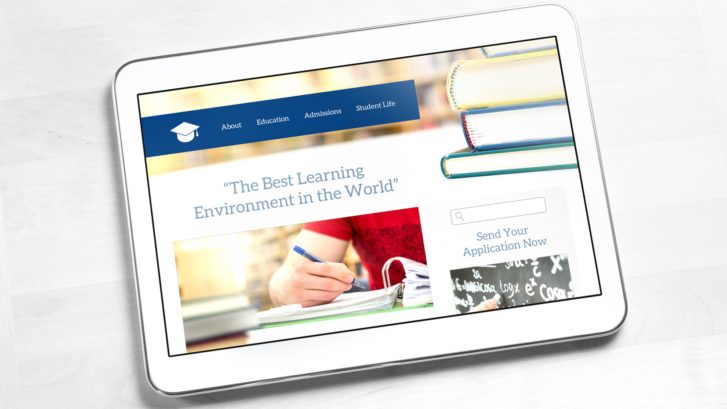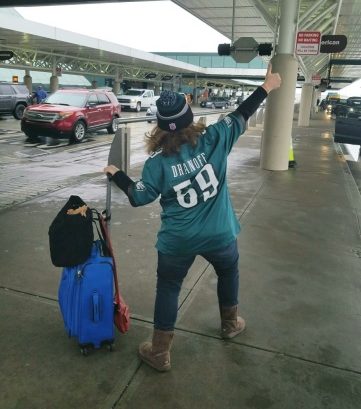The “Surban” Millennials Trend: What We’ve Learned and Where It’s Going
Millennials – where are they going?
Up to now, millennials, the generation born between 1981 and 1996, have favored city living. Nine in ten millennials currently live in metropolitan areas. However, a problem has arisen, and as a result, a new trend has started to emerge. As millennials – roughly ages 22 to 37 – begin to marry and raise families of their own, they are faced with higher and higher housing costs, as well as poor public schooling. These factors have begun driving millennials increasingly to move to the suburbs.
What do they want?
In moving to the suburbs, however, millennials want to take a number of key elements of urban living with them to their new homes – walkability and access to public transit, as well as close proximity to amenities such as restaurants, grocery stores, day care, health care/fitness centers, and community events and entertainment. This is giving rise to a new type of suburb called a “surban”.
What is a “surban”?
“Surban”, a term coined by John Burns Real Estate Consulting in California, is a suburban area that has the feel of an urban area, with walkability to great retail (like stores and restaurants) from a house or apartment. Ideally, these communities offer the best of both worlds – larger, more affordable homes in safer environments with good schools, but also a sense of community, convenience, and in general, a sense of place. It’s a suburb that is designed with a kind of village mentality in mind.
In the Philadelphia area, an example of a “surban” can be seen in the Village at Valley Forge in King of Prussia – a newer development that bills itself as a place to “live, shop and dine.”
What does this mean?
As millennials continue to move out of the city and find new homes and communities in which to live, this shift in the population will create new opportunities for variety of businesses, such as food markets and household furnishings stores, as well as for institutions like healthcare providers that are seeking to develop and expand their reach.
Want to continue the conversation about millennials and surban living? Contact Sharon Hackenbracht at [email protected] or 215-545-0054 x112, or Linda McAleer at [email protected] or 215-545-0054 x104.


